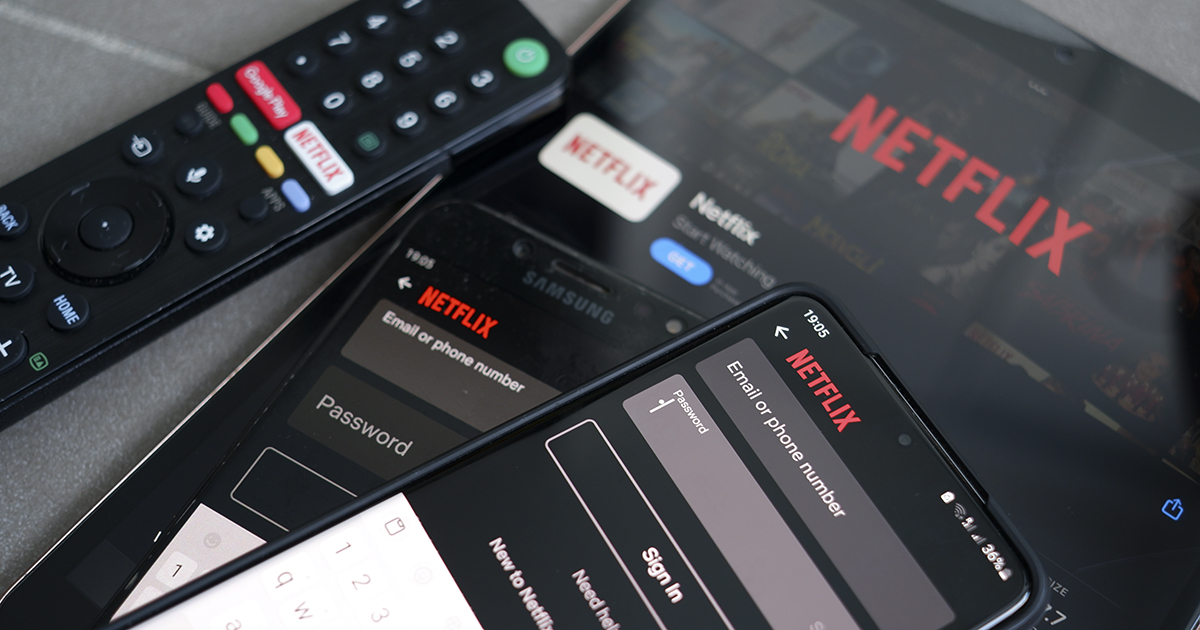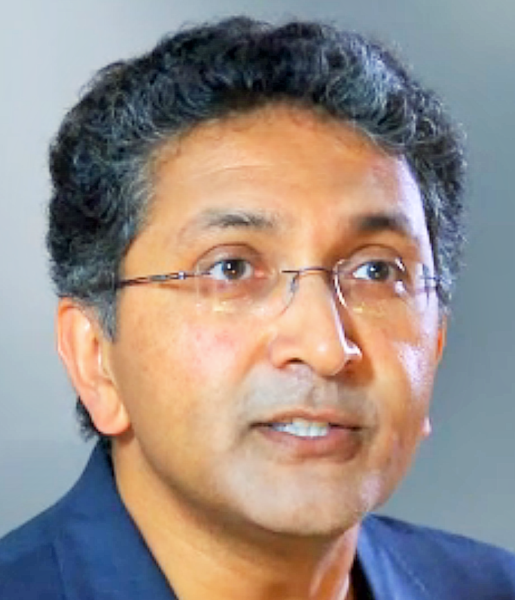The Dangers of Netflix’s Password-Sharing Crackdown

It’s a phrase that sends shivers down the spine of any longtime streaming service lover, as well as thousands of dorm-dwelling college students using their parents’ plan: No more Netflix password sharing.
Yet, the crackdown on password sharing took a step closer to the U.S. market in early February as Netflix implemented a password-sharing fee in Spain, New Zealand, Portugal, and Canada. Users living outside of an account holder’s residence in Canada, for example, will trigger an extra $8 charge per month.

Facing a barrage of customer criticism and heavy competition in the streaming market, Netflix executives might want to slow their rollout in the United States, according to Michael McGuirk, an assistant professor of practice at Babson.
“Netflix prides itself on operating in a customer-centric business model, where the customer is at the center of all their decision making,” said McGuirk, who has helped many Fortune 1,000 clients identify customer insights and use them to boost sales or create savvy marketing campaigns. McGuirk clarified that he has no insight into Netflix’s policies other than what’s in the public.
“This password-policy decision needs to follow the same customer-centric approach, and the Netflix team making these decisions should be using primary research from surveys, focus groups, and social media analytics to inform their strategy for architecting and communicating their changes to the password policy,” McGuirk said.
Beware ‘Big-Bang’ Changes
Netflix estimates more than 100 million households share accounts, a revenue loss they overlooked when much of the world was locked down during the COVID-19 pandemic. But, they began testing anti-password-sharing methods over the last few years.
The company implemented a log-in verification process in 2021, and asked customers who live outside the account owner’s home to use a sub-account during tests in Chile, Costa Rica, and Peru. As of February 8, those fees expanded to Canada, but Netflix must be careful if they want to charge those fees in America, said Jay Rao, a professor of operations and information management at Babson.

“The key here is something called segmentation, targeting, positioning,” Rao said. “Basically, it means all customers are not equal.”
Netflix, with roughly 220 million subscribers, is a mass-market brand, meaning it is trying to reach as many people as possible with a large range of products for different pricing levels. Netflix executives still have to be careful in terms of what kind of customers they lose.
“Netflix’s job is to make sure they nudge these free riders to pay more and also make sure they reach out to vulnerable customers who are very profitable but not satisfied,” Rao said. Changes such as new fees or higher subscription charges must be implemented slowly and quietly, he added. “I’ll give you an example, utility companies or cable companies, they play all kinds of games with charges without making big announcements.”
Netflix executives haven’t made it clear when password fees will hit U.S. subscribers, who currently pay between $6.99 for standard services with ads to $19.99 for premium services. But, if they want to keep their profitable, loyal customers they shouldn’t be in a rush, Rao said.
“It has to be done carefully, because ‘big-bang’ changes like this have a low success rate,” Rao said. “There are ‘start small, learn fast, scale slow’ changes that have a higher success rate.”
Posted in Insights





